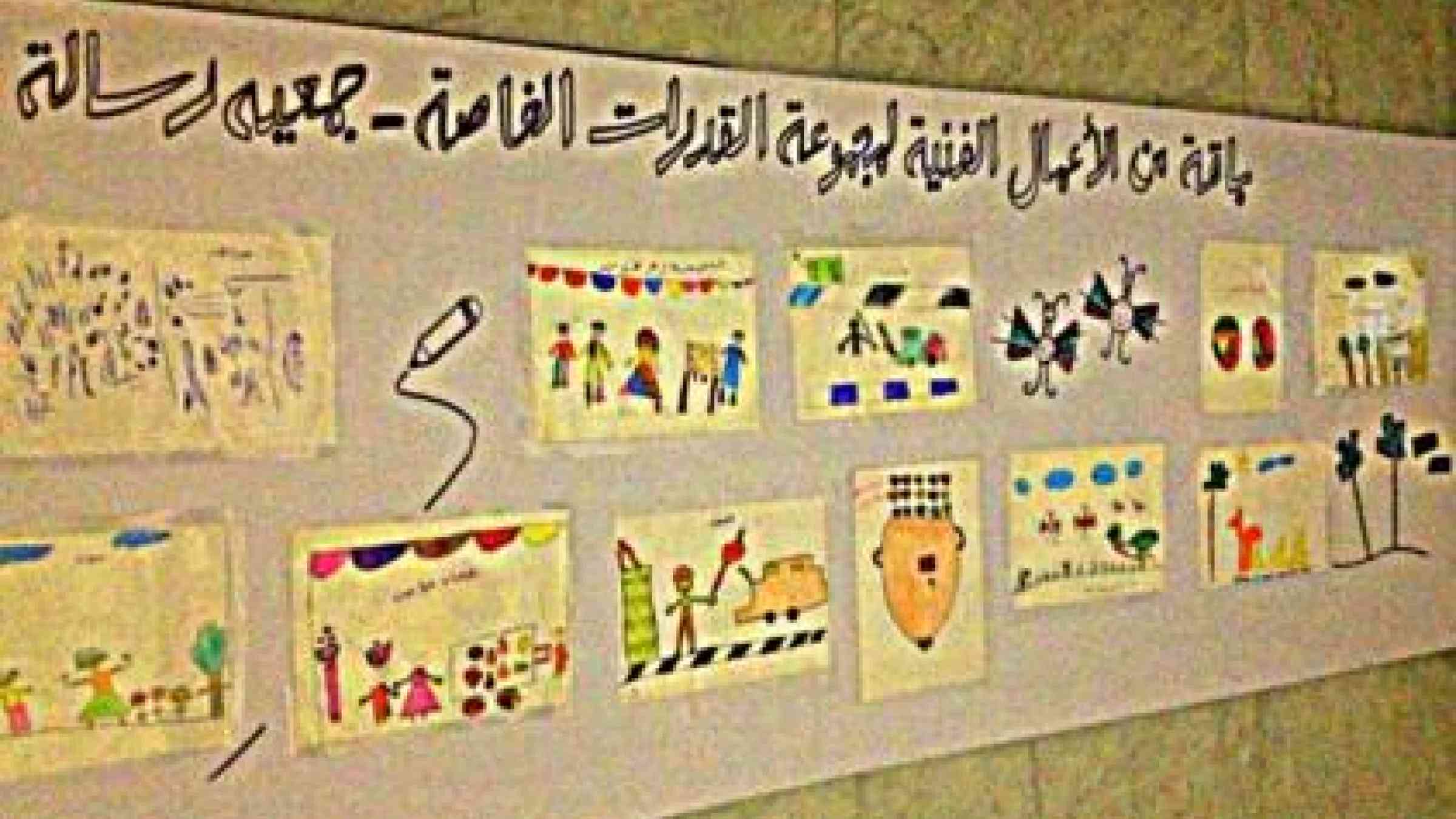Involving persons with disabilities in disaster risk management builds stronger resilience

Cairo, 22nd October 2013 - UNISDR's Regional Office for Arab States and the Regional Office for the Eastern Mediterranean of the World Health Organization (WHO) celebrated today the 20130 International Day for Disaster Reduction in Cairo with a call for people living with disabilities to be empowered and engaged in disaster risk reduction as one of the groups which face higher risks when a disaster occurs.
The International Day for Disaster Reduction was originally launched in 1989 by the General Assembly as a way to promote a global culture of disaster reduction. This year the International Day highlights the key contributions that people living with any form of disability can provide to help reduce the risk of disasters in their communities and build resilient societies.
In an event celebrated at the WHO premises in Cairo Mr. Amjad Abbashar, Head of the UNISDR Regional Office for Arab states, said: “Including the needs of persons living with disabilities in disaster risk reduction is critical for the benefit of the community as a whole.”
“People living with disabilities should be consulted and included in all stages of disaster risk management so their needs and their contributions are not overlooked when preparing for and responding to disasters”, Mr. Amjad Abbashar added.
According to WHO, over a billion people, about 15% of the world's population, are estimated to be living with some form of disability and more people will acquire a disability at some time in their life because of physical injury, disease or ageing. However, persons with disabilities are rarely thought of as possible contributors to the communities and therefore are not usually included in disaster planning or recovery projects.
“Persons living with disabilities are in a unique position to contribute to disaster management initiatives by identifying challenges and possible solutions based on their own needs and experiences. They can play a significant role in both helping their communities recover from disasters, as well as providing valuable input to disaster risk reduction plans” said Dr Ala Alwan, WHO Regional Director.
The UN Convention on the Rights of Persons with Disabilities requires that persons with disabilities benefit from and participate in disaster relief, emergency response and disaster risk reduction strategies.
In that regard, a Joint UN Statement on Disability and Disasters that was released today to the media highlighted the need to include persons with disabilities “in all policies and programmes” aimed at addressing disaster risk reduction and humanitarian situations in order to achieve the same level of safety for all.
The statement read: “Persons living with disabilities often face higher risks when a disaster occurs and usually make up a large proportion of the casualties during a humanitarian crisis. Not only are they less likely to receive the aid they need, they are also less likely to recover in the long-term”. “Their lack of representation increases their vulnerability and that of their families, which consequently affects the resilience of communities as a whole”, the UN Joint statement stated.
Given the lack of data on disability issues generally, UNISDR launched the first-ever survey of people living with disabilities and disasters. The survey aims to collect information on the specific needs of persons living with disabilities and how they cope with disasters. For more information about the survey please visit: http://www.surveymonkey.com/s/IDDR-2013-ARABIC
***
For more information: www.emro.who.int/ www.who.int
For media inquires:
UNISDR in Cairo: Berta Acero, Communication Officer, email: [email protected] 0224535638
WHO in Cairo: [email protected] , 0222765020/21